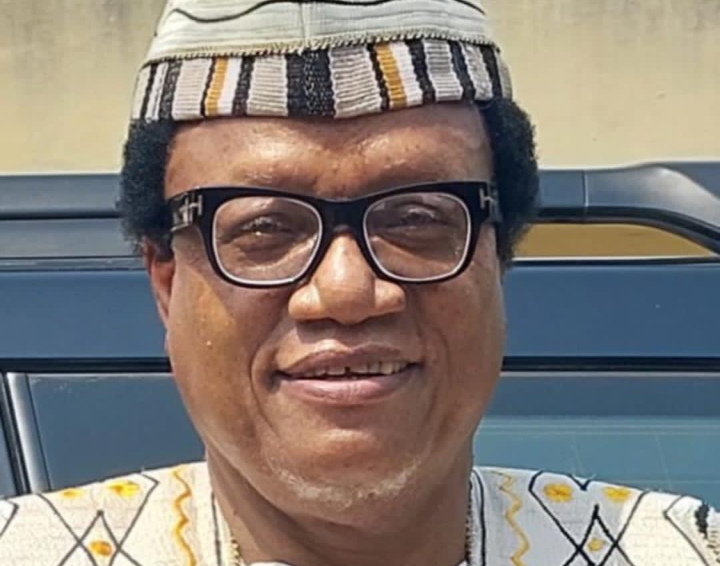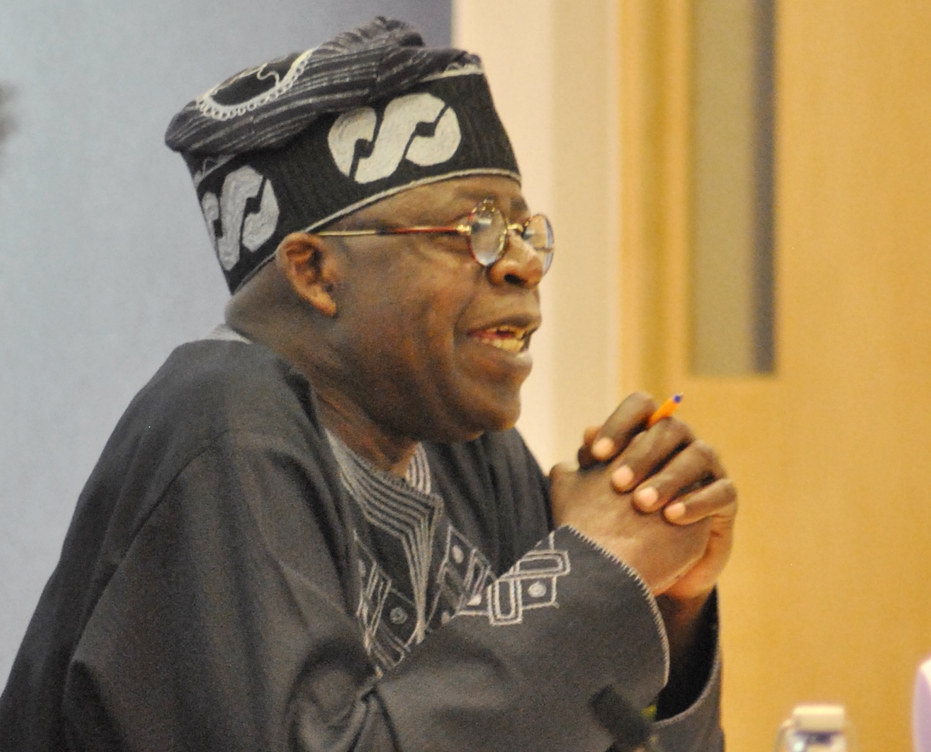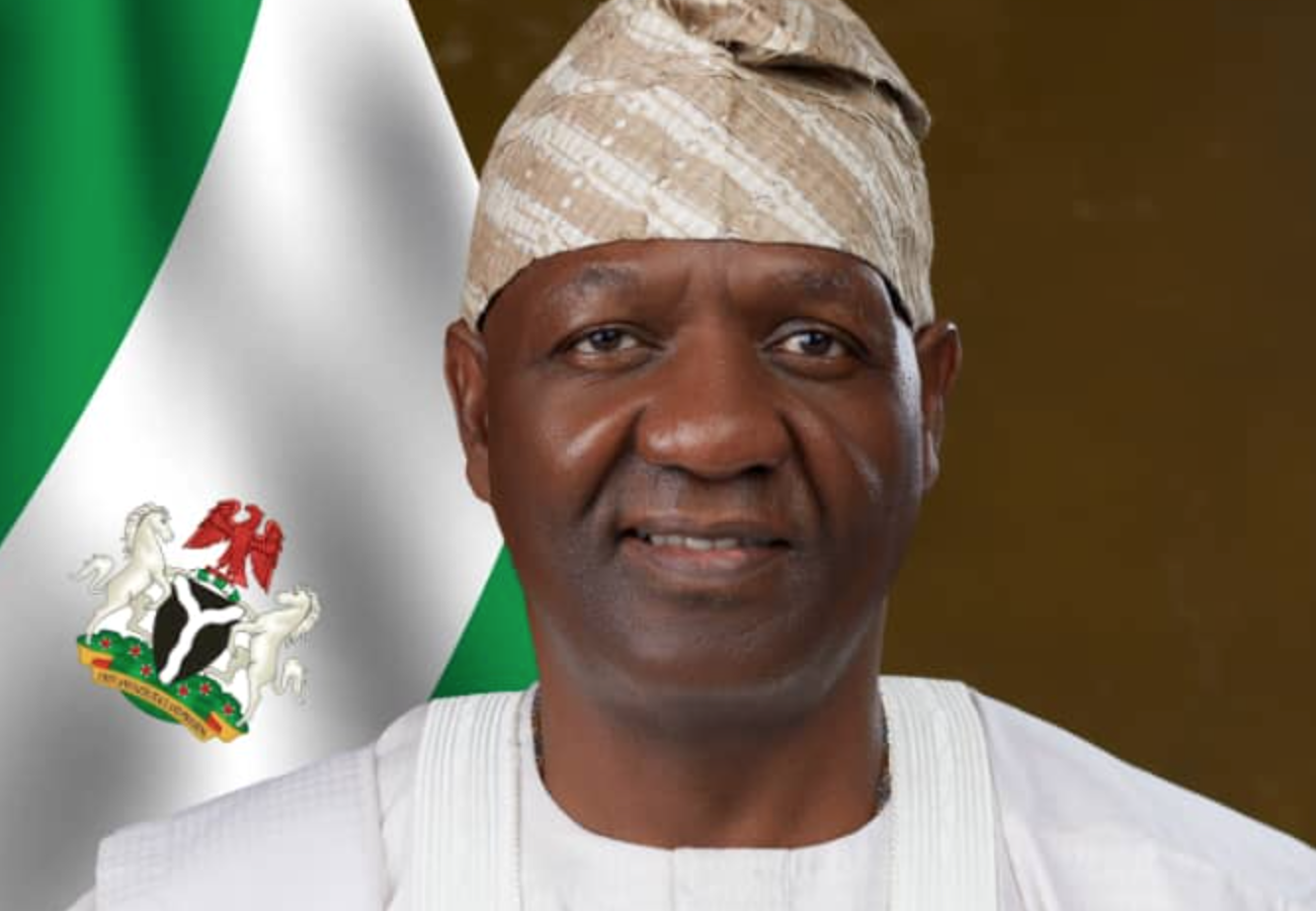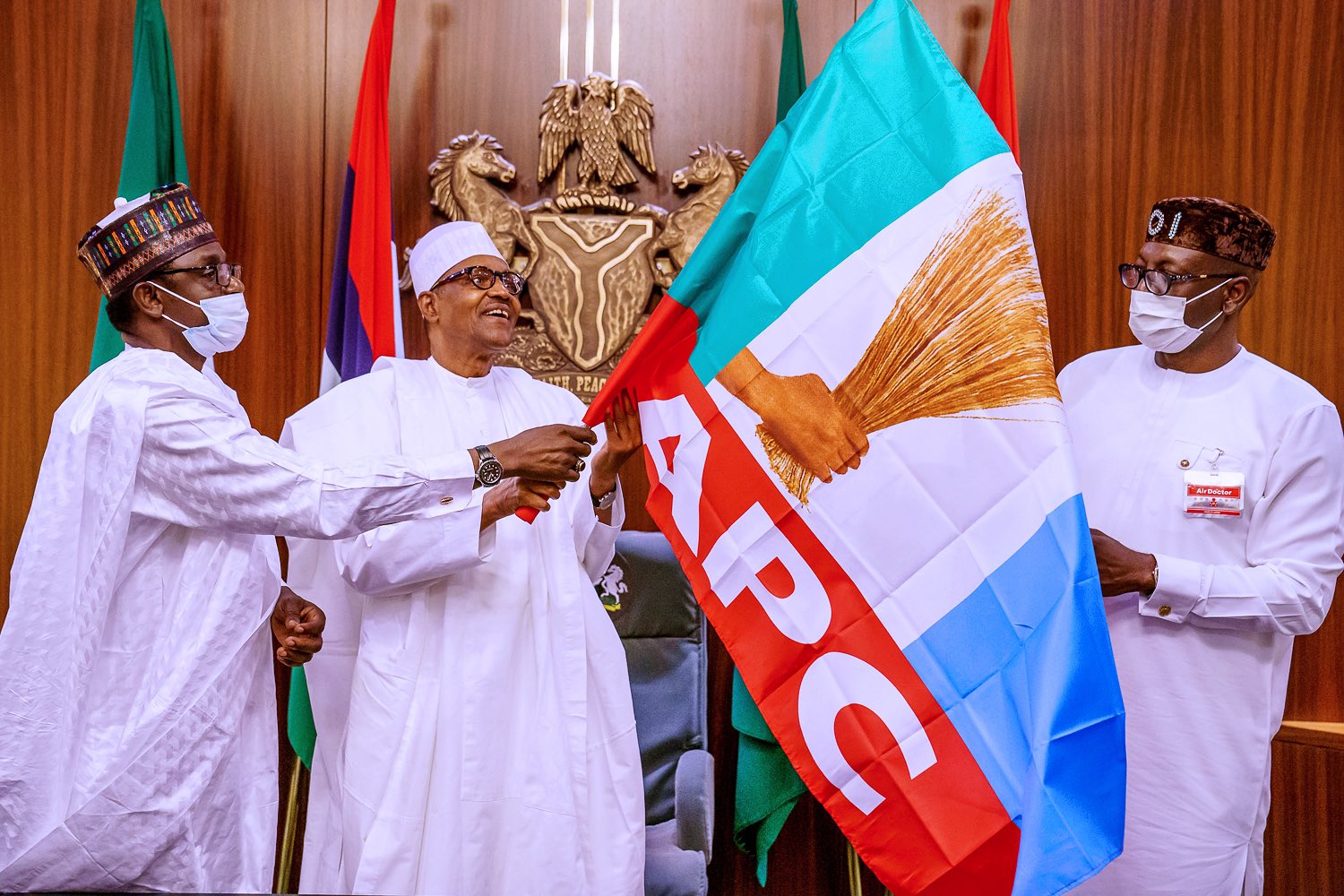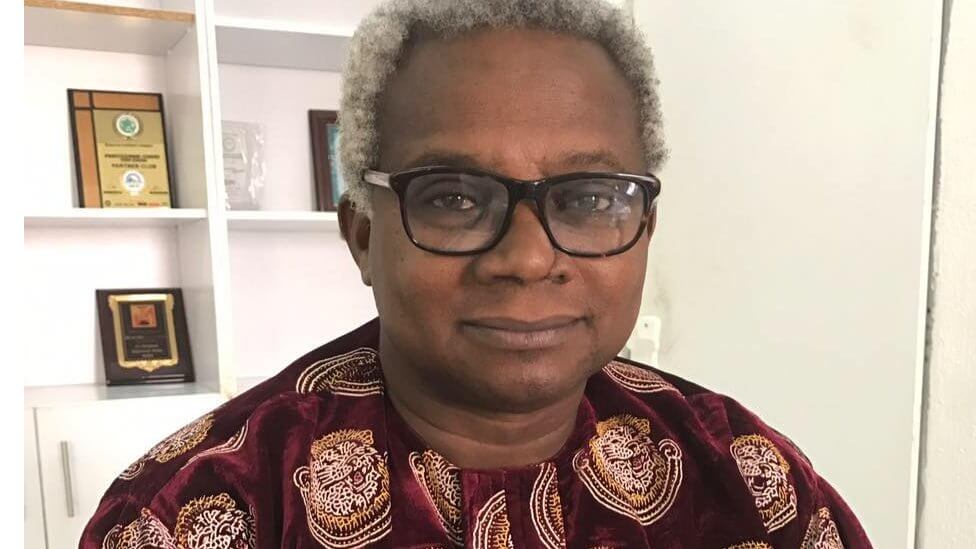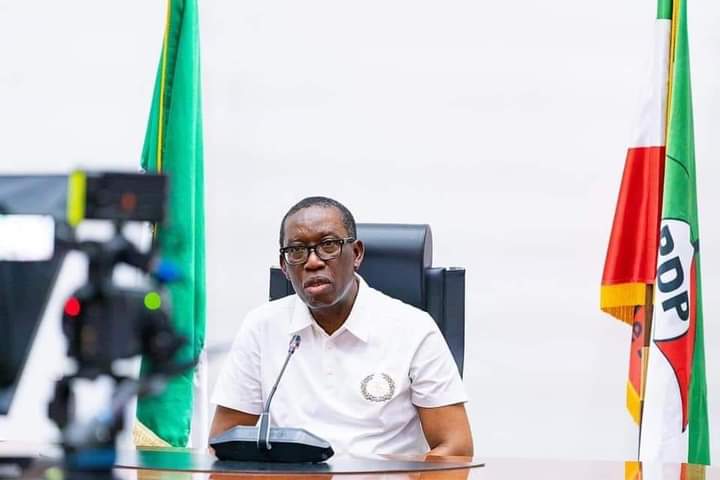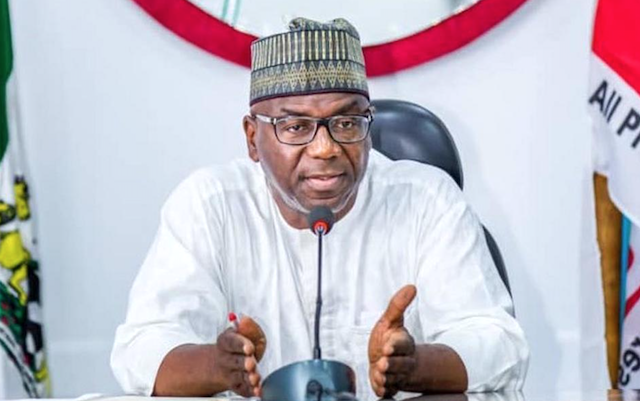The National Bureau of Statistics (NBS) has stirred an unnecessary storm and in the process may have scored an inconsequential victory. Last week, the NBS revised the definition of poverty by shifting from the now proverbial living on $2 a day to something called “multidimensional poverty”. This has unsettled our politicians.
While the politicians are used to saying that we have an internal poverty republic of 100 million people, the NBS now says the poor are a disarming 133 million/This represents 65% of the fictional total population of population about 200 million. In simple language, this means that thosde who are NOT poor have now been overwhelmed by the poor. The poor are now omni present, literally all around us.
When the Christian holy book insisted that ‘ the poor you will always have among you’, it was underlining the inevitability of inequality and poverty as features of socio economic life. But the Bible never envisaged that a deluge of the poor will overwhelm the rest of us so soon anywhere. Nigeria has achieved a Biblical unforeseen, a record in itself.
Under the Multidimensional Poverty categorization , poverty is merely broken down into its familiar indices: homelessness, lack of access to healthcare, education, affordable energy, fair opportuity etc. These lacks are now recognized as the defining indicators of poverty. Nothing in this postulation sounds like ground breaking rocket science. Telling us what everyone already knows and using that obvious measure to arrive at a new poverty demographics is merely shifting the future in an old familiar home.
Predictably, our media and public technocrats have since broken into feuding social media factions. All manner of rationalizations have sprung up. The quarrel seems to be about the upturning or revision of accepted indices in the new computation. But while the more academic disputation about categories and indices rages, no one has dared dispute the golden basic economic rule of poverty: if your country is mostly unproductive with a GDP growth rate that is slower than the rate of your population growth rate, your road to universal poverty is guaranteed. No amount of sanctimonious preachments or political grandstanding can save you from his fate. This seems to be the kernel of Nigeria’s spiraling poverty crisis. We might as well forget the statistical categories disputes for a while.
Poverty does not need too much academic quarrel. Nor does it require too much arcane intellectual definition. The victims of poverty know their adversary all too well. A lifelong embrace with poverty leaves permanent unmistakable scars. If you have no roof over your head, you know who you are. If there is perennial uncertainty about where the next meal will come from, you can guess where you belong. If you are tormented by avoidable and curable diseases and you dare not find a hospital, health center or pharmacy shop because you have no money, you can draw your conclusions. Worse still, if junior cannot continue in the neighborhood school because there is no way of paying his fees, his fate is nailed because your own branding is complete. Lack of access to everything that distinguishes us humans from beasts in the state of nature is the commonest marker of poverty. The poor know themselves and their condition. We also know them but sometimes prefer to live in criminal insensitive denial.
As overfed and pampered elite, we may find intellectual sport in playing with and around poverty. We might even treat poverty as an academic discipline or its discourse as part of a political manner of speaking, a meta language deployed often to secure international donor attention. Itmay even be part of a sanctimonious distant indulgence of priests and fancy humanitarians. But poverty does not joke. It afflicts, invades, ravages, dominates and pervades whole segments of the populace. It conquers territory as we notice shanty towns and slums spring up right before our eyes to surround our fancy new estates and neighborhoods. An adversary that has conquered 63% of a national population is not a laughing matter. Surrounded by such a rapacious enemy, we all are doomed.
How did we get here? Either defined by Multidimensional indices or as people living on less than $2 a day, poverty in Nigeria seems to have institutionalized itself. With a very young population, Nigerians aged under 45 constitute an estimated 38% of the country’s total population. Since 1970, Nigeria has continued to depend on oil and gas royalties for 95% of its foreign exchange revenue. With a very low level of foreign direct investment inflow and a declining manufacturing capacity in recent years, the economy has been unable to generate employment at a rate to cope with the demographic increase and the pace of production of skilled manpower and educated people especially the teeming youth population.
By its rate of increase and the dislocations it breeds, poverty has become a national security issue of urgent concern. The state is today threatened by factions of its own citizens mostly united by the universal lack of access to the indices of poverty now identified by the statisticians. The criminality, violence and insensitivity of those entrapped in the internal poverty republic has made life unsafe for the rest of us. Today’s Nigeria is wracked by a specter of insecurity and a pervasive psychology of fear. Everybody is afraid of everybody. To keep us safe, the state has to buy bigger guns than the criminals with the money meant for medicines, school books, basic housing and clean water.
Worse still, poverty has grown somewhat resilient and incremental in recent years. Upward mobility and the pursuit of a dream of a better life by succeeding generations are fast disappearing from our psychology as a people. Among those of us in our 50s and up, education and hard work used to be antidotes to poverty. It used to be part of the ‘Nigerian dream’ that with education and dedicated hard work, one could overcome poverty in a lifetime or generation. It used to be a favorite saying among us that the poverty in our beginnings will not accompany us to the grave nor escort our children through life. Not anymore.
These days, the most pervasive and assured legacy that people pass on to succeeding generations is a near universal assurance of poverty. Poor parents survived by even poorer offspring in a land devoid of opportunities. Poverty as an inheritance and a legacy defines a new pervasive lack of upward social and economic mobility that now pervades the Nigerian nation space.
For the younger generation, the narrow gates out of this vicious charmed circle are few. Cybercrimes, unusual creative talent, violent crime, terrorism and stealing from the organized crime syndicate that we call government are the new narrow gates out of the vice grip of universal poverty.
A youth bulge has resulted in stratospheric unemployment figures while secondary and tertiary institutions have increased exponentially and continue to spew out unemployed youth onto the streets of decaying urban centers and deserted rural areas.
Inequality has produced an anarchic populace as life has degenerated into a vicious scramble and perennial for existence among the many. Poverty induced criminality has sent crime statistics through the roof nationwide resulting in the culture of perennial insecurity that now haunts the nation. A resource poor treasury has led to considerable decay in the capacity of the state to equip the armed and security forces to contain an upsurge in crime and militant insurgency. Our hospitals and healthcare delivery system is in desperate disrepair just as our public infrastructure has continued to decay almost unchecked.
The poverty burden has implications for the very survival of the Nigerian nation state. Its immediate meaning for our national unity and national security are too obvious. The poverty burden may even be the greatest obstacle to the emergence of a truly democratic polity. How can an impoverished anddeprived populace make rational and informed democratic choices when they are faced with clear and present lack of everything that makes life meaningful? A democracy dominated by a population of impoverished ignorant people is merely a disguised mob rule.
There is a contradiction buried in the bosom of this inequality Somehow, perhaps poverty has become a leveler and a unifier even in a time of political divisiveness. There is no discrimination between the poor man or woman in Maiduguri and the one in Port Harcourt; between the poor woman in Yenagoa and their opposite number in Sokoto. They all speak the same dialect of desperate survival. They are hungry, homeless and most times hopeless. They are united by the indices of the landscape of poverty.
In response to the scourge of increasing global poverty, in recent years, poverty alleviation has emerged as a separate department of the state and governance in general. Emerging markets in quest of international financial help hardly get a hearing unless they have in place an active poverty reduction program. Elaborate bureaucracies have sprang up just as fancy ceremonies of state have evolved. A certain showmanship has grown out of the poverty alleviation industry.
A curious irony has emerged in the process. The more funds are allocated to reduce poverty, the higher the annual poverty figures have risen in some countries. It is either that a declining GDP is continuously overwhelmed by an uncontrolled population increase or that net productivity keeps declining year –on- year, making poverty a permanent condition.
There is a more cynical possibility. Poverty alleviation has become a lucrative industry that is being sustained by the greed of its key drivers. If poverty is suddenly eradicated, a sub sector of the corruption industry will die. Yet, some countries that recgnisedpoverty as an impediment to national development have made decisive progress.
Three countries stand out in their success with poverty alleviation. China, India and Brazil stand out in this regard. They stand out because they were, until recently, in identical socio economic circumstances as Nigeria as Third World countries with huge poor populations and struggling economies.
China’s poverty reduction is a modern day miracle. According to the World Bank, a total of 850 million Chinese have been lifted out of poverty in the last 20 years. The poverty rate fell from 88% in 1981 to 0.7% in 2015. This is poverty as measured by the percentage of people living on $1.90 or less per day by 2011 purchasing power parity terms. This translates into an average poverty reduction rate of 42 million people per annum. In total, the Chinese have therefore reduced their poverty rate by over 60% of the population in 20 years.
As its economy grew after liberalisation, China focused on the poorest people in the rural areas. It massively moved them from poor homes in the countryside to high rise apartment blocks in new urban centers. This led to rapid urban renewal and the uplifting of the standards of hygiene and living among the former rural dwellers with a corresponding economic empowerment. They could now leverage the market value of their new apartments to raise capital for small enterprises and improvement of their living standards. By 2021, the poverty rate among the Chinese had further declined to near zero.
The Chinese miracle cameabout as a result of many factors: the adoption of a market economy, an increase in the banked population, explosion of the stock market and an astronomical growth in foreign investments. Gigantic strides in Information Technology transformed a huge population into a unified manufacturing hub and common market with the rest of the world as a target market.
India adopted a different route. According to UN reports, in 10 years (2006-2016) , India has lifted a record 273 million of its population out of poverty. This has been achieved through a series of measures targeted specifically at poverty alleviation in the rural areas . With its rural emphasis, the Indian strategy resembles the Chinese one. But India developed specific programmes targeted at different dimensions of poverty.
First, there is the Rural Livelihood Mission(NRLM) which
guarantees the rural poor access to finance to increase household incomes. Secondly, there is the Mahatma Ghandhi Rural Employment Guarantee Act 2005 which is designed to guarantee a minimum living wage for rural people. Thirdly, there is the Rural Housing Guarantee Scheme designed to provide housing for all by the year 2022. It guarantees the rural poor access to permanent housing with electricity, LPG connections, pipe borne water and toilet facilities under an affordable mortgage arrangement that is simple.
Finally, there is the Public Distribution System which aims to manage food distribution and reduce the scarcity of essential food items to rural dwellers at affordable prices. This combination of policies and strategies has assured India of a modest poverty reduction rate of 13.65 million people per annum in the last twenty years.
The poverty reduction strategy of Brazil is guided by a simple principle. It aims to improve the incomes of those at the bottom of the economic pyramid at a rate faster than those of people at the top and also faster than the rate of GDP growth. The result is that Brazil has been able to reduce both poverty and inequality simultaneously in the last two decades.
Between 2003 and 2009, 21 million Brazilians escaped poverty. The Brazil National Institute of Applied Economic Research says that the country’s Poverty Incidence Rate declined from 35.8% to 21.4% between 2001 and 2009, a period during which the country’s Gini Index (which measures rate of inequality) dropped by 9%, the lowest since the 1970s.
Some major policy initiatives led to Brazil’s success.
First is the Bolsa Familia (Family Scholarship) which provides family income support for families whose per capita monthly income is less than $47. In return, families must ensure that they vaccinate their children, attend routine health programmes, and ensure they keep their children in school. Compliance with these requirements is what assures people of continued participation and benefit from the programme.
In Nigeria on the other hand, we have seen a metamorphosis of agencies: mass transit, school feeding, cash transfers, market empowerment, apprentice support etc. In the most recent iteration, the Nigerian presidency has created a dedicated ministry- Ministry of Humanitarian Affairs- for a collection of afflictions united by poverty. Emergency disaster relief, school feeding, mass cash transfers to the abjectly poor etc. come under the purview of this amorphous ministry. Periodically, outrageous figures of expenditures of sums spent feeding poor school children, assisting widows or in relief to victims of flooding, terrorist attacks etc.
The resurrection of the poverty debate on the eve of the 2023 elections is timely. Politicians may be too busy campaigning for votes to bother with NBS poverty statistics. But the poor will be waiting at the polling stations. After the elections, the poverty scourge that afflicts the majority of our people will place itself right in the forefront of all sensible governance programmes.
